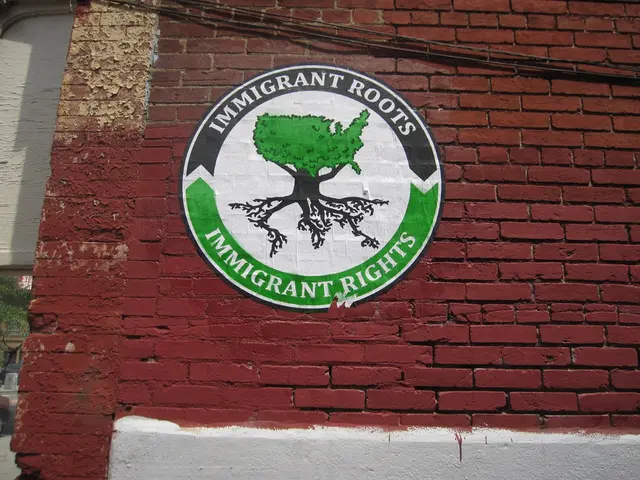Voter list revisions intensified in Odisha, as announced by the Chief Electoral Officer
Special Intensive Revision of Electoral Rolls in Odisha: A Comprehensive Update and Verification
The Chief Electoral Officer (CEO) of Odisha, R. Santha Gopalan, has announced a Special Intensive Revision (SIR) of the electoral rolls, marking a significant exercise in the preparation for upcoming elections. This is the first such comprehensive revision in 24 years, as the last SIR in Odisha was carried out in 2002.
The purpose of the SIR is to update and correct the electoral rolls through detailed voter verification and booth rationalization to ensure fair, accessible elections in Odisha. In view of the growing electorate, the number of polling booths in Odisha will be increased from the existing 38,000 to 45,000. This is aimed at easing voter access and reducing overcrowding during polling.
However, the SIR has become a subject of intense political debate at the national level, especially following controversies in Bihar where more than 65 lakh voters were reportedly omitted from draft rolls during the SIR, sparking protests and accusations of voter disenfranchisement. In Odisha, political parties like the BJD and Congress have demanded absolute transparency in the SIR process and threatened protests if a similar loss of voters occurs, reflecting fears about electoral manipulation and fairness.
The CEO has urged all parties not to level baseless allegations that could cast doubts on the credibility of the Election Commission. The Election Commission has already responded to queries from both the Congress and the Biju Janata Dal (BJD). The CEO has given clarifications twice to the BJD regarding the electoral rolls.
Despite allegations of large-scale voter exclusions in the revision of electoral rolls in Bihar, over 7,000 voter cards with Electoral Photo Identity Card (EPIC) numbers had to be replaced due to irregularities. It is important to note that possession of only an EPIC number does not grant voting rights - a valid voter ID card is mandatory to cast a ballot. Citizens will have adequate time to verify and correct their details before the final roll is published on January 7, 2026.
The CEO, Gopalan, has dismissed allegations raised by certain political parties, ensuring that the SIR process remains transparent and fair. This exercise underscores ongoing challenges in maintaining voter rolls amid political concerns about disenfranchisement and election credibility in India. A detailed debate on the issue of voter exclusions in Bihar has been demanded, highlighting the need for continuous efforts to ensure the integrity and inclusiveness of the electoral process.
Meanwhile, the Union Cabinet has approved an Online Gaming Bill, adding another layer to the ongoing discussions around digital rights and regulations in the country. This news article aims to provide a clear and straightforward account of the Special Intensive Revision of electoral rolls in Odisha, its significance, and the ongoing political debates surrounding the process.
Read also:
- United States tariffs pose a threat to India, necessitating the recruitment of adept negotiators or strategists, similar to those who had influenced Trump's decisions.
- Weekly happenings in the German Federal Parliament (Bundestag)
- Southwest region's most popular posts, accompanied by an inquiry:
- Discussion between Putin and Trump in Alaska could potentially overshadow Ukraine's concerns








